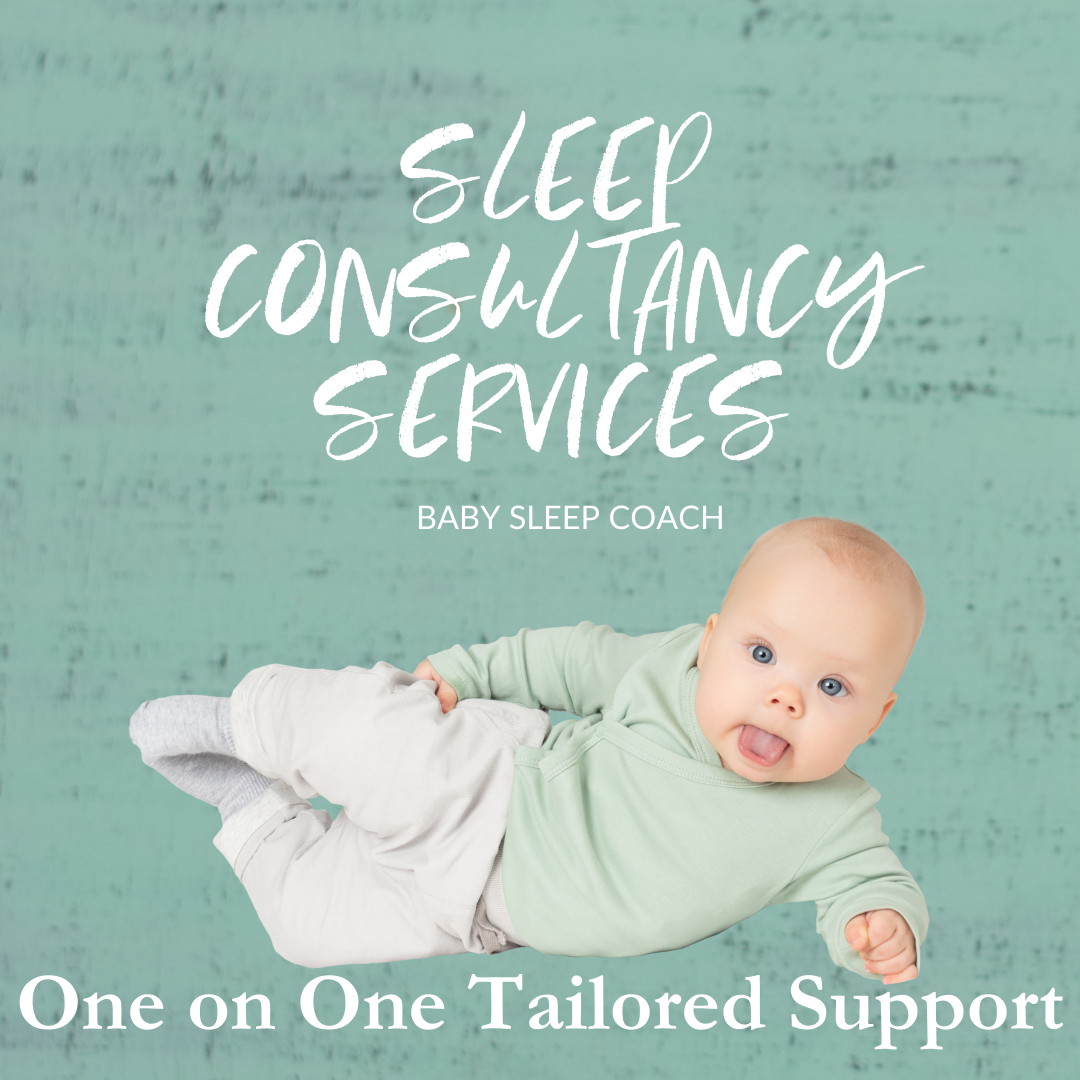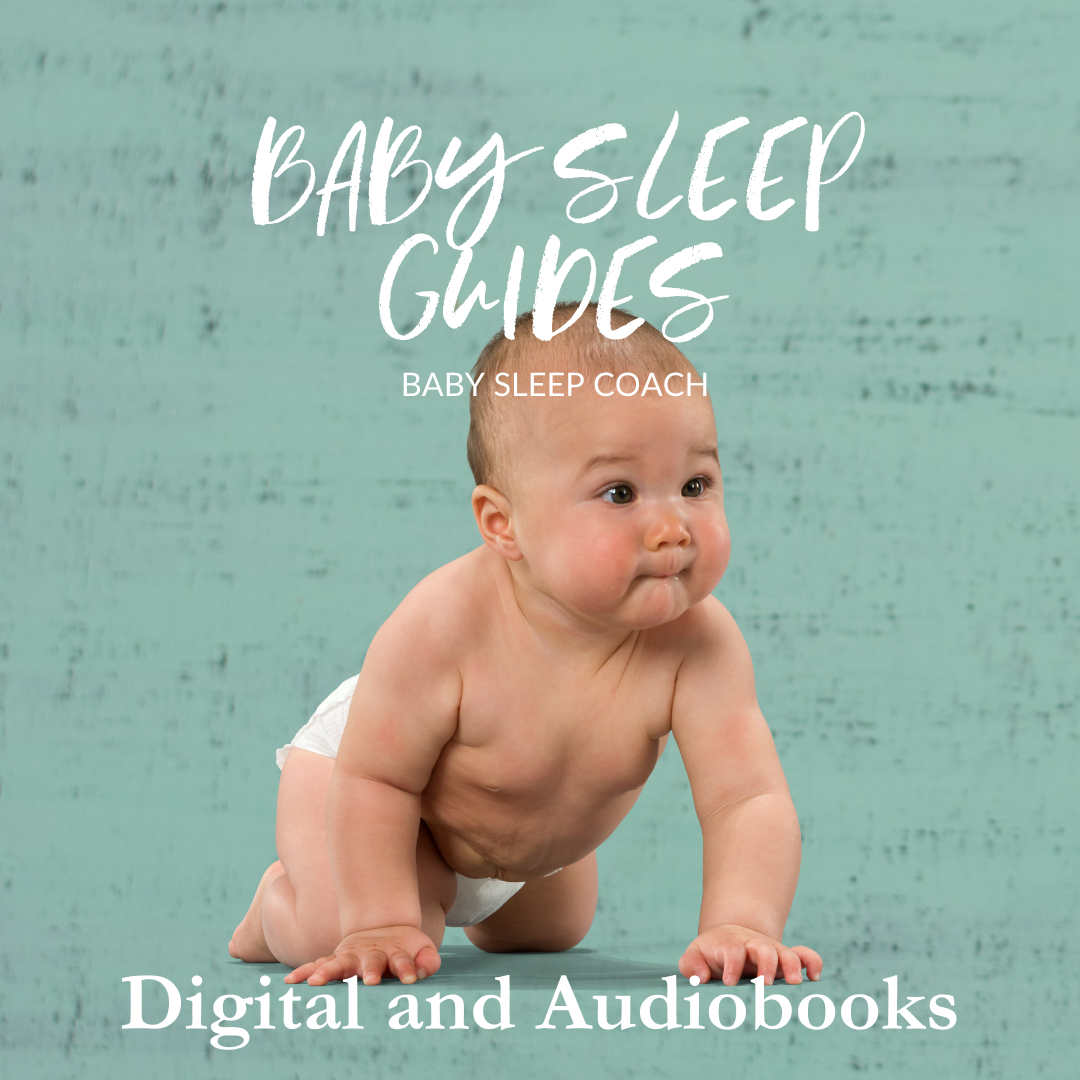TABLE OF CONTENT:
Separation Anxiety in Children
Separation anxiety in children is a natural and common developmental stage that babies go through. While it can be challenging for both children and parents, understanding the causes and recognising the signs of separation anxiety can help you support your child through this stage. In this blog, we’ll discuss what separation anxiety in children is, why it happens, when it typically occurs, what you can do to help your anxious child, and how you can survive this phase as a parent.
What is Separation Anxiety in Children and when does it occur?
Separation anxiety in children is a normal and common developmental stage that babies go through, typically starting around 6 months of age. During this stage, babies can become distressed when separated from their primary caregivers, usually their parents. This can lead to crying, clinginess, and general fussiness when left with other caregivers, such as grandparents or babysitters. Separation anxiety in children is a sign that your baby is developing a healthy attachment to you and is starting to understand that you are a separate person from them.
Read more on separation anxiety in children on the NHS website here.
Why Does Separation Anxiety in Children Happen?
Separation anxiety in children happens because of emotional and cognitive development in babies. As babies grow and develop, they start to understand that they are separate from their caregivers and that their caregivers can leave them. This can lead to anxiety and distress when separated from their caregivers, as babies are unsure when their caregivers will return.
Separation anxiety is a normal part of a baby’s emotional and cognitive development and is a sign that your baby is developing a healthy attachment to you.
What Can You Do to Help Your Baby with Separation Anxiety?
Understanding what causes separation anxiety in children can help you support your baby through this stage. By starting small, creating a goodbye routine, staying calm and positive, and encouraging bonding with other caregivers, you can help your baby develop a sense of security and independence that will benefit them throughout their life.
Start Small:
Practice leaving your baby with other caregivers for short periods, gradually increasing the amount of time you spend apart. This will help your baby get used to being away from you and will build their confidence and independence.
Create a Goodbye Routine:
Develop a predictable and consistent goodbye routine that helps your baby understand that you will always come back. This can include saying goodbye with a hug and a kiss or leaving a special item, such as a blanket or a toy, with your baby. Learn more about routines in our detailed age-specific sleep guides here.
Stay Calm and Positive:
Your baby can sense when you’re anxious or upset, which can make separation anxiety worse. Stay calm and positive when leaving your baby with other caregivers, and reassure your baby that you will return.
Encourage Bonding with Other Caregivers:
Encouraging your baby to bond with other caregivers, such as grandparents or babysitters, can help them feel more secure when you’re not around. This can include spending time with other caregivers while you’re present, so your baby can get used to being with them.
Use Distractions:
Before leaving your baby, provide them with a fun activity or toy that will keep them occupied and distracted while you’re away. This can help your baby associate your absence with positive experiences and can make the separation easier for both of you.
Stick to a Routine:
Establishing a consistent routine can help your baby.
Draw or Lipstick Kiss on Their Hand:
Before your baby goes to sleep, draw or put a lipstick kiss on their hand and tell them to kiss it when they feel lonely. This will help your child feel connected to you even when you’re not around.
Give Them a Soft Toy to look after:
Giving your baby a soft toy to look after can be a great distraction when you’re not around. Your baby will feel less lonely and more responsible for looking after their toy.
Give Them an Item of Your Clothing:
Giving your baby an item of your clothing to sleep with can provide comfort and familiarity, as it will smell like you. This can help your baby feel more secure and less anxious when you’re not around. Make sure to follow safe sleep advice and don’t leave any loose items in the cot for babies under one.
Create a Social Story Book:
Make a book with pictures of your baby, their caregivers, and family members to create a story about your baby’s day. Include their activities, the people they interact with, and their bedtime routine. You can also add comforting phrases or messages that can help them feel loved and cared for even when you’re not around.
Establish a Bedtime Routine:
A consistent bedtime routine can help your baby feel more relaxed and comfortable at bedtime. Incorporate activities such as reading the social storybook together, singing lullabies, or playing calming music. Additionally, you can create a relaxing environment by dimming the lights and using a white noise machine. This routine can also help your baby feel more connected and secure, making it easier for them to fall asleep.
Play Peekaboo Games:
Peekaboo games can help your baby understand that even when you’re not visible, you’re still there. You can play peekaboo by covering your face with your hands or a blanket and then revealing yourself, saying “Peekaboo!” This can help your baby learn that people can disappear and reappear, but they always come back.
Love Bombing:
Spend quality time with your baby and give them lots of attention and affection when you’re together. This can help them feel loved and secure, even when you’re not physically present. Some ways to love bomb your baby include playing with them, reading to them, cuddling, and singing to them.
Use Comfort Objects Safely:
While comfort objects can provide your baby with a sense of security, it’s important to use them safely. If your baby is under one year old and still sleeping in a cot, avoid leaving any loose objects such as blankets or soft toys in the cot with them. Instead, you can place the comfort object near the cot or use a sleep sack that doesn’t have any loose fabric. This can reduce the risk of suffocation and other sleep-related accidents. Check here for safe sleep advice to prevent SIDs.
I hope these tips can help you ease your baby’s separation anxiety and provide them with comfort and security when you’re not around. Remember, every baby is unique, and it may take some trial and error to find what works best for your little one. Be patient, and consistent, and show them lots of love and attention, and they’ll soon learn that they are safe and loved.
If you need more support or have questions, I’m here to help!









0 Comments